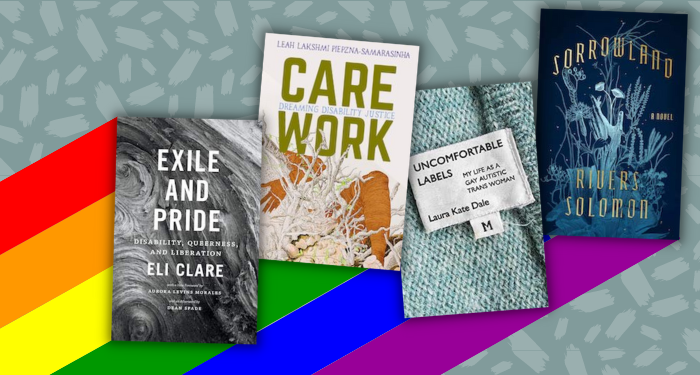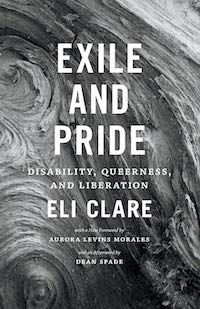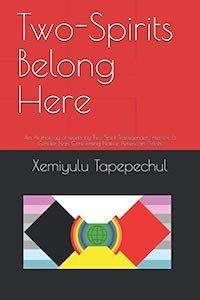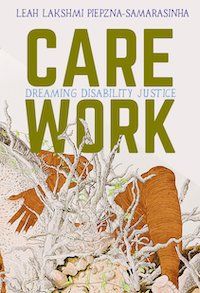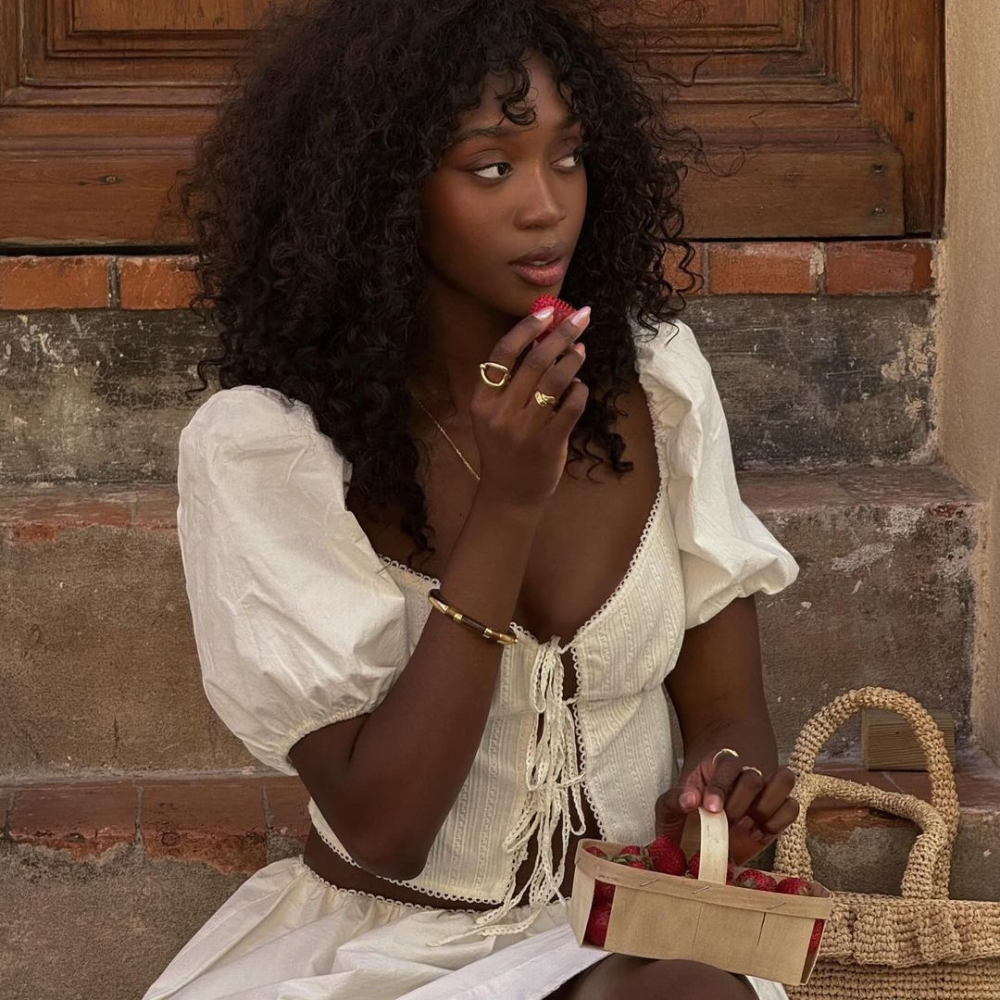This content contains affiliate links. When you buy through these links, we may earn an affiliate commission.
For queer disabled folks, Pride can be, well, complicated. Many Pride Month festivities aren’t organized with disabled people in mind. Drag shows don’t include ASL interpreters. Parades aren’t planned with mobility aids in mind. Flashing lights appear without warning. Autistic folks struggle to find quiet places to decompress from overstimulation. Sometimes, the effects on disabled people’s health and wellbeing just aren’t worth it. In many cases, 2SLGBTQ+ Pride events can turn into just another thing that reminds disabled folks that they don’t belong.
Something similar often happens in the bookish space. From rainbow book stacks on Instagram to lists of book recommendations on popular websites, much of the book-related Pride content forgets to include disabled, chronically ill, Deaf, and neurodivergent authors. When disabled 2SLGBTQ+ people look around the bookish internet and don’t see themselves included, it can feel like they can only celebrate the 2SLGBTQ+ part of their identity but not the disabled part of themselves.
So whether you’re a nondisabled person who didn’t realize disabled people are missing from their Pride book stack or if you’re a 2SLGBTQ+ book lover who just wants even more disability literature to add to your TBR, this post is for you!
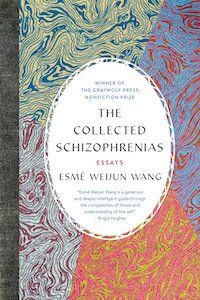
Esmé Weijun Wang
Bisexual Taiwanese American author Esmé Weijun Wang writes both fiction and nonfiction. Her essay collection The Collected Schizophrenias is, hands down, one of the best books discussing mental illness that I have ever read. Wang possesses an ability to convey the complex reality of living with a condition that society fears and often vilifies. She captures on page the struggle that many people with Schizophrenia face on a daily basis.
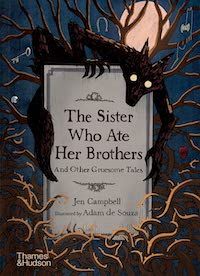
Jen Campbell
Jen Campbell is a former bookseller turned author who writes everything, from poetry to children’s picture books. Much of her writing centers ideas around disability and disfigurement. Over on her YouTube Channel, Campbell shares her experience with EEC Syndrome, which is a form of Ectodermal Dysplasia, and discusses disfigurement representation in the media. Her most recent book, The Sister Who Ate Her Brothers, features retellings of some of the world’s creepiest fairy tales.
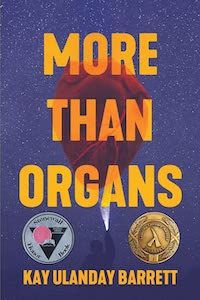
Kay Ulanday Barrett
Kay Ulanday Barrett (aka @BrownRoundBoi) is a disabled Filipinx Amerikan transgender queer poet and performer. Their poetry collection, More Than Organs, is a ALA Stonewall Honor Books and a Lambda Literary finalist. Back in 2020, Alice Wong did an excellent Q&A with Barrett for Disability Visibility, a project that highlights disabled people and their work.
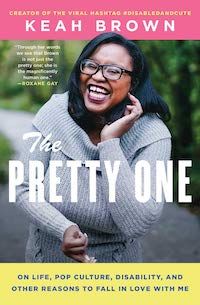
Keah Brown
Proud bisexual Keah Brown, a writer and actress, might be most well-known for starting the #DisabledAndCute hashtag, encouraging other disabled people to share hot selfies of themselves. Her book, The Pretty One, follows Brown’s life as a Black woman living with cerebral palsy.
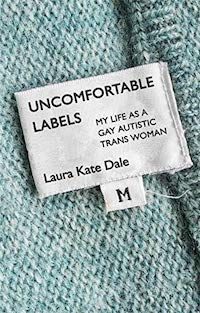
Laura Kate Dale
Laura Kate Dale is an autistic trans writer and content creator. Twitch streaming, YouTube videos, podcasting — she does it all! In 2019, she published Uncomfortable Labels: My Life as a Gay Autistic Trans Woman, in which she shares how she came to realize that she wasn’t a neurotypical heterosexual boy that she thought she was.
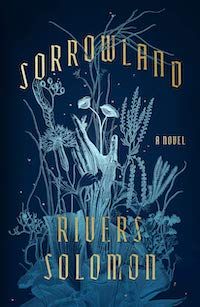
Rivers Solomon
A Black, intersex, genderqueer disabled author, Rivers Solomon is most well known for faer speculative fiction. Faer debut novel, The Unkindness of Ghosts, was a Stonewall Book Award Honor Book and a finalist for the 2018 Locus Award, John W. Campbell Award for Best New Writer, and the Lambda Literary Award. Faer’s second book, Sorrowland, came out in 2021 to much acclaim, and was named A New York Times Best Science Fiction and Fantasy Book of 2021. Fae have also written shorter pieces, like the essay “Black Girl Going Mad” in Guernica and “Blood Is Another Word for Hunger” on Tor.com.
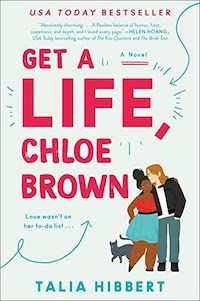
Talia Hibbert
While many readers know Talia Hibbert from her Brown Sisters series, Hibbert has been writing romance novels for a long time. Hibbert has written 17 romance novels that feature a diverse cast of characters following in love and finally reaching their happily ever after. Hibbert’s characters are often inspired by Hibbert’s own experience as a neurodivergent, disabled, chronically ill Black woman living in the UK.
I hope these authors and their incredible books help you increase the disabled writers in your Pride Month TBRs. And if you’re looking for even more disability lit, check out Read Harder 2021: Own Voices Books About Disability and 9 Nonfiction Books About Disability by People of Marginalized Genders.
























































![Key Metrics for Social Media Marketing [Infographic] Key Metrics for Social Media Marketing [Infographic]](https://www.socialmediatoday.com/imgproxy/nP1lliSbrTbUmhFV6RdAz9qJZFvsstq3IG6orLUMMls/g:ce/rs:fit:770:435/bG9jYWw6Ly8vZGl2ZWltYWdlL3NvY2lhbF9tZWRpYV9yb2lfaW5vZ3JhcGhpYzIucG5n.webp)


